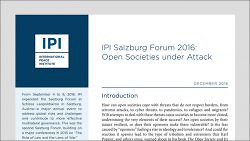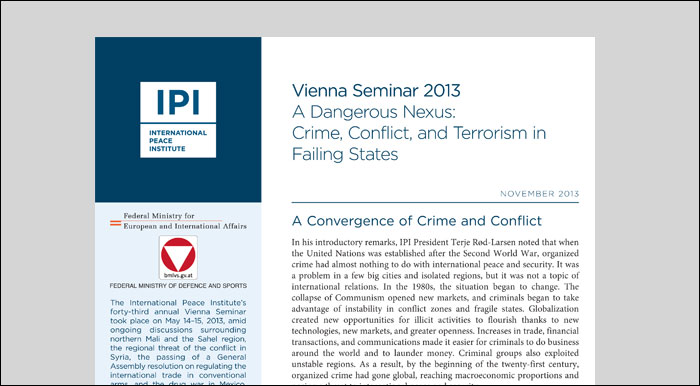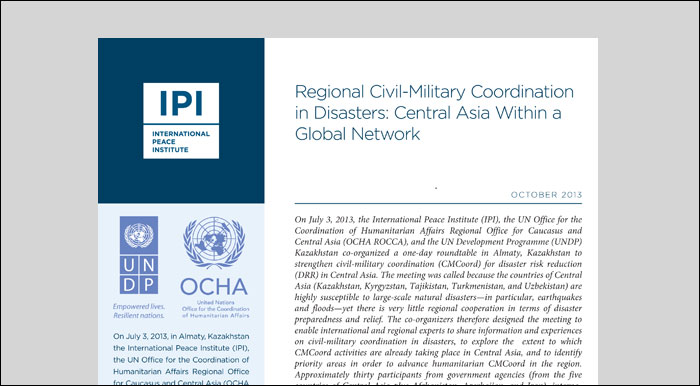
How can open societies cope with threats that do not respect borders, from terrorist attacks, to cyber threats, to pandemics, to refugees and migrants? Is the fear caused by their “openness” fueling a rise in ideology and intolerance, and will this cause open societies to become more closed? And with open societies under attack, what […]
Read more









